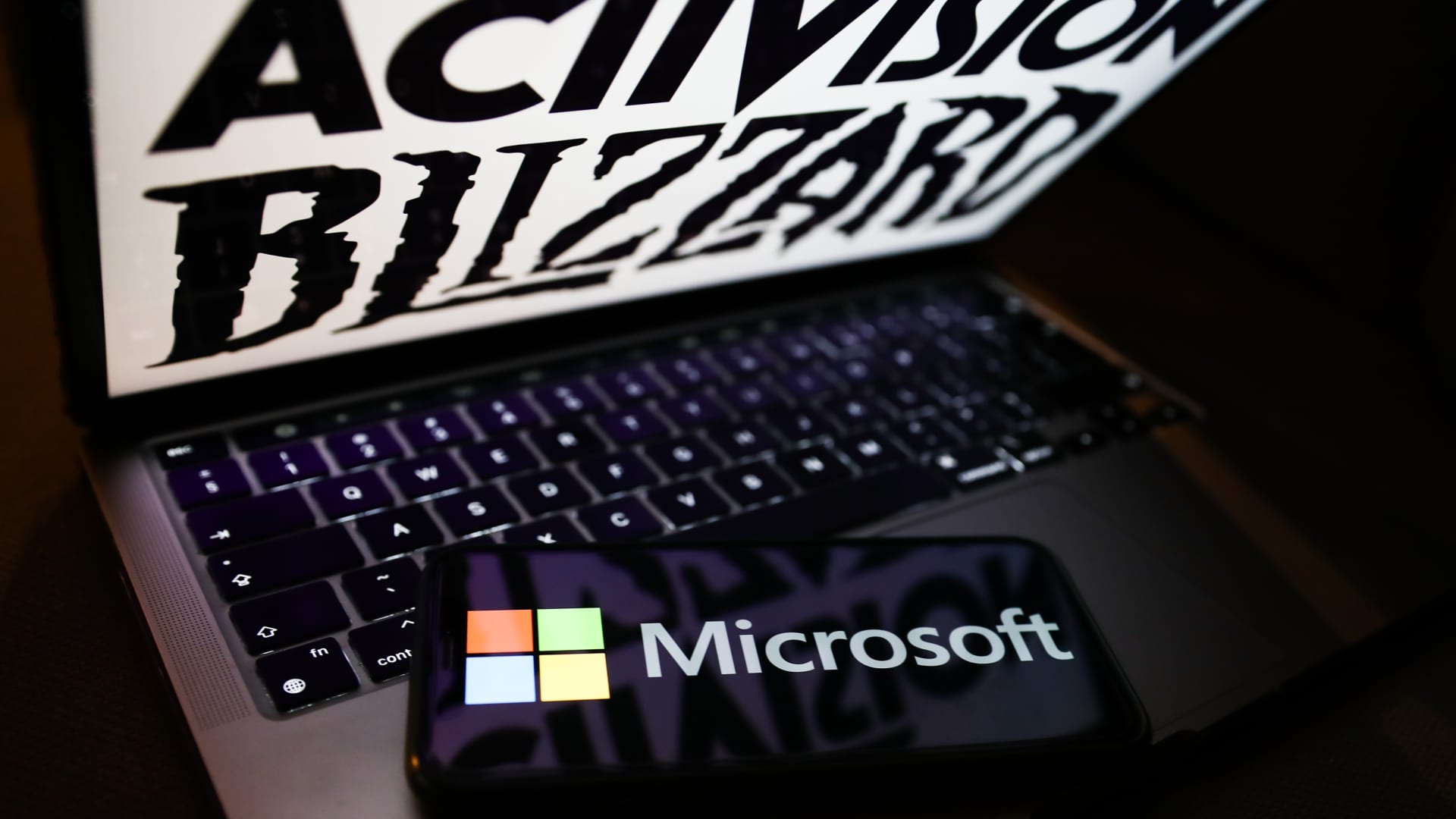Technology
Tuesday, November 28th, 2023 3:05 pm EDT
Key Points
- Expansion of Amazon One Palm-Scanning Technology:
- Amazon is extending its palm-scanning technology, Amazon One, from its original application in grocery stores to the business sector with the introduction of Amazon One Enterprise. This version repackages the palm-based payment system into an authentication tool, allowing corporate employees to use a palm swipe for secure entry into offices or access to sensitive information like financial data and human resources records.
- Adoption by Corporate Entities and Pitch as a Cost-Effective Solution:
- Several companies, including IHG Hotels & Resorts, turnstile manufacturer Boon Edam, and Kone (escalator and elevator provider), have already adopted Amazon One Enterprise. The service is currently in preview in the United States, with Amazon not disclosing pricing details. Amazon is positioning the palm-scanning service as a cost-effective and more secure alternative for enterprises compared to traditional security measures like fobs, badges, or passwords.
- Privacy and Convenience Pitch Amid Criticism and Reimagining for Enterprises:
- Amazon is promoting Amazon One Enterprise as a solution that offers both privacy and convenience for users. Dilip Kumar, a vice president overseeing Amazon Web Services Applications, highlighted the user-friendly aspects, emphasizing that individuals can access physical locations and software assets with a simple palm scan. The move to repackage Amazon One for enterprises comes as a response to the changing needs of corporate entities. Despite widespread adoption, the original biometric payment system faced criticism from advocacy groups over privacy and security concerns, with claims that it contributes to increased surveillance. Amazon counters these concerns, stating that palm recognition is more private than other biometric systems, as it doesn’t allow determining a person’s identity by looking at an image of their palm. Additionally, the company asserts that it doesn’t capture purchase data from scans collected by non-Amazon stores. This reimagining follows Amazon’s pattern of adapting existing technologies for different contexts, as seen with the recent introduction of “Astro for Business,” a version of its household robot positioned as a mobile security guard for businesses.
Amazon is extending its palm-scanning technology, known as Amazon One, beyond its initial applications in grocery stores to cater to the business world with the launch of Amazon One Enterprise. This version of the palm-based payment system is repositioned as an authentication tool, allowing corporate employees to use their hand for secure entry into offices or access to sensitive information such as financial data and human resources records.
Several companies have already signed up for this biometric technology, including IHG Hotels & Resorts, turnstile manufacturer Boon Edam, and Kone, a provider of escalators and elevators. Amazon has initiated the service in preview in the United States, starting Monday. While the pricing details have not been disclosed, Amazon is positioning the service as a cost-effective and more secure alternative for enterprises compared to traditional security and authentication methods such as fobs, badges, or passwords.
Dilip Kumar, a vice president overseeing Amazon Web Services Applications, emphasized the appeal of privacy and convenience for users, enabling access to physical locations and software assets with a simple palm scan. Amazon contends that palm recognition is a more private form of biometric authentication, stating that a person’s identity cannot be determined by looking at an image of their palm. The company also asserts that it does not capture purchase data from scans collected by non-Amazon stores, addressing some privacy concerns raised by advocacy groups.
The original biometric payment system by Amazon was introduced in 2020, initially conceptualized for shoppers to make payments by swiping their hand. It has been deployed in various locations, including Whole Foods grocery stores, Amazon Go convenience marts, Fresh supermarkets, sports and entertainment venues, selected Panera Bread restaurants, and a few Starbucks locations.
Despite its widespread adoption, the technology has faced criticism from advocacy groups citing privacy and security concerns, arguing that it contributes to increased surveillance. Amazon’s move to repackage Amazon One for enterprises aligns with its strategy to adapt existing technologies for different contexts. Earlier in the month, the company introduced “Astro for Business,” a version of its household robot positioned as a mobile security guard for businesses.
For the full original article on CNBC, please click here: https://www.cnbc.com/2023/11/28/amazon-rolls-out-palm-scanning-technology-for-office-workers.html




